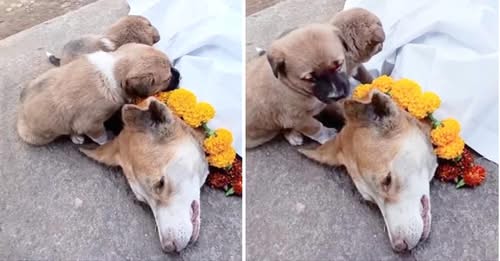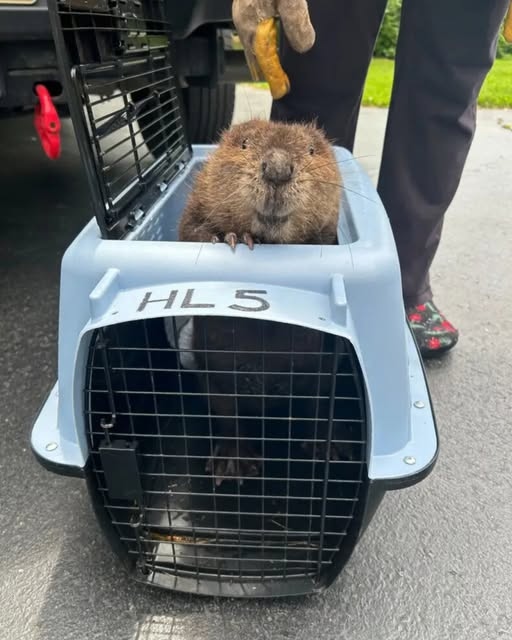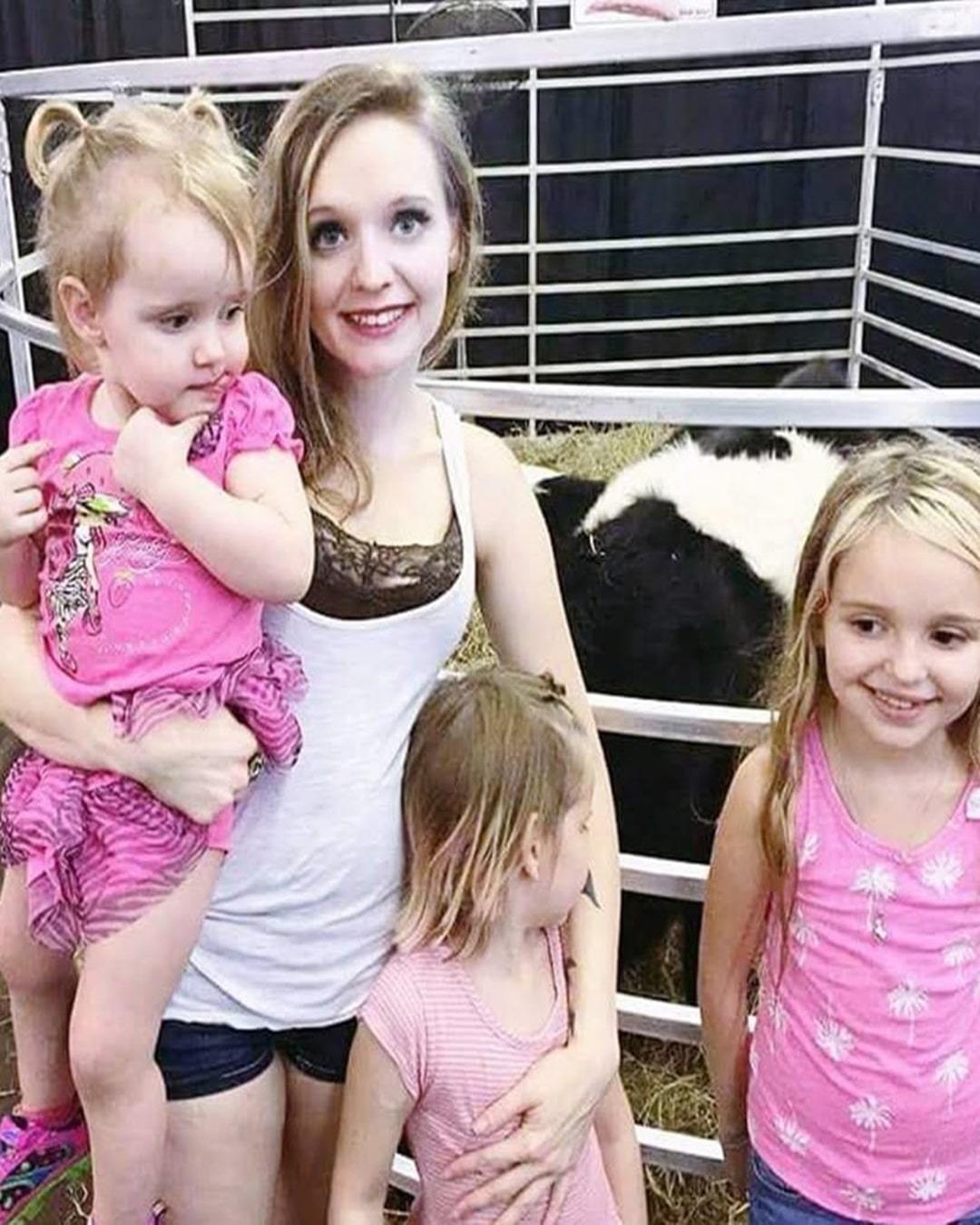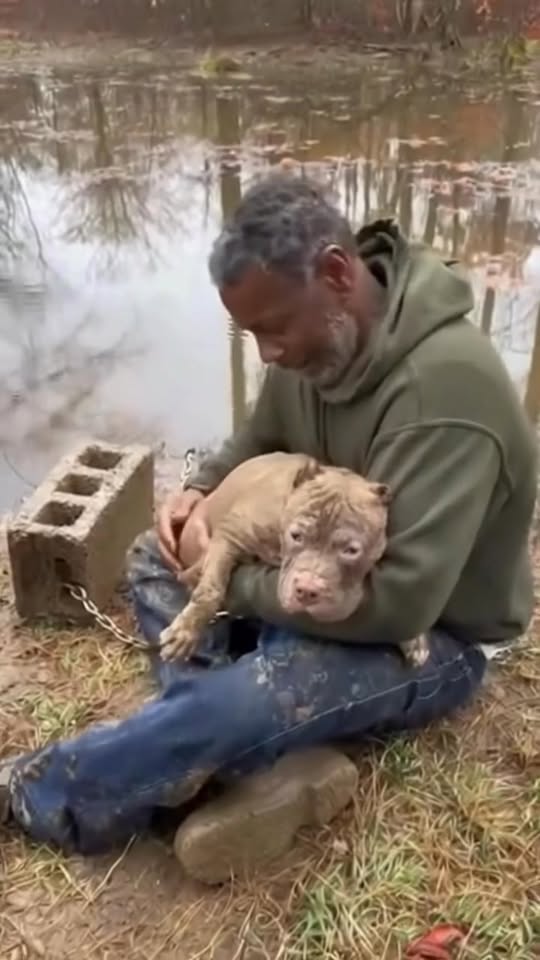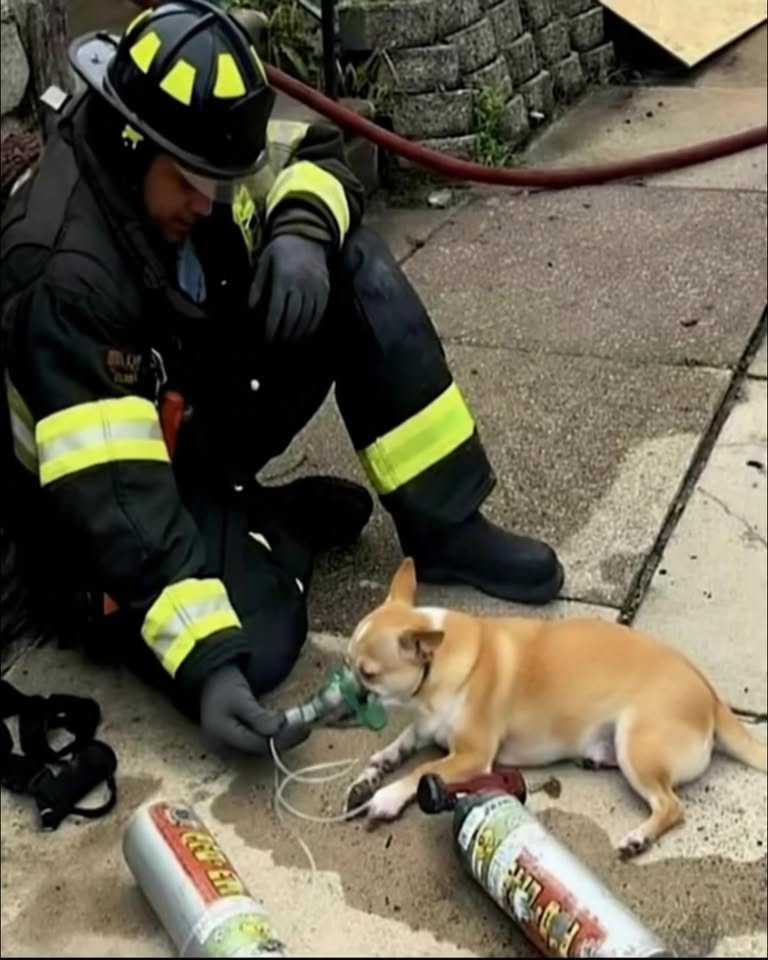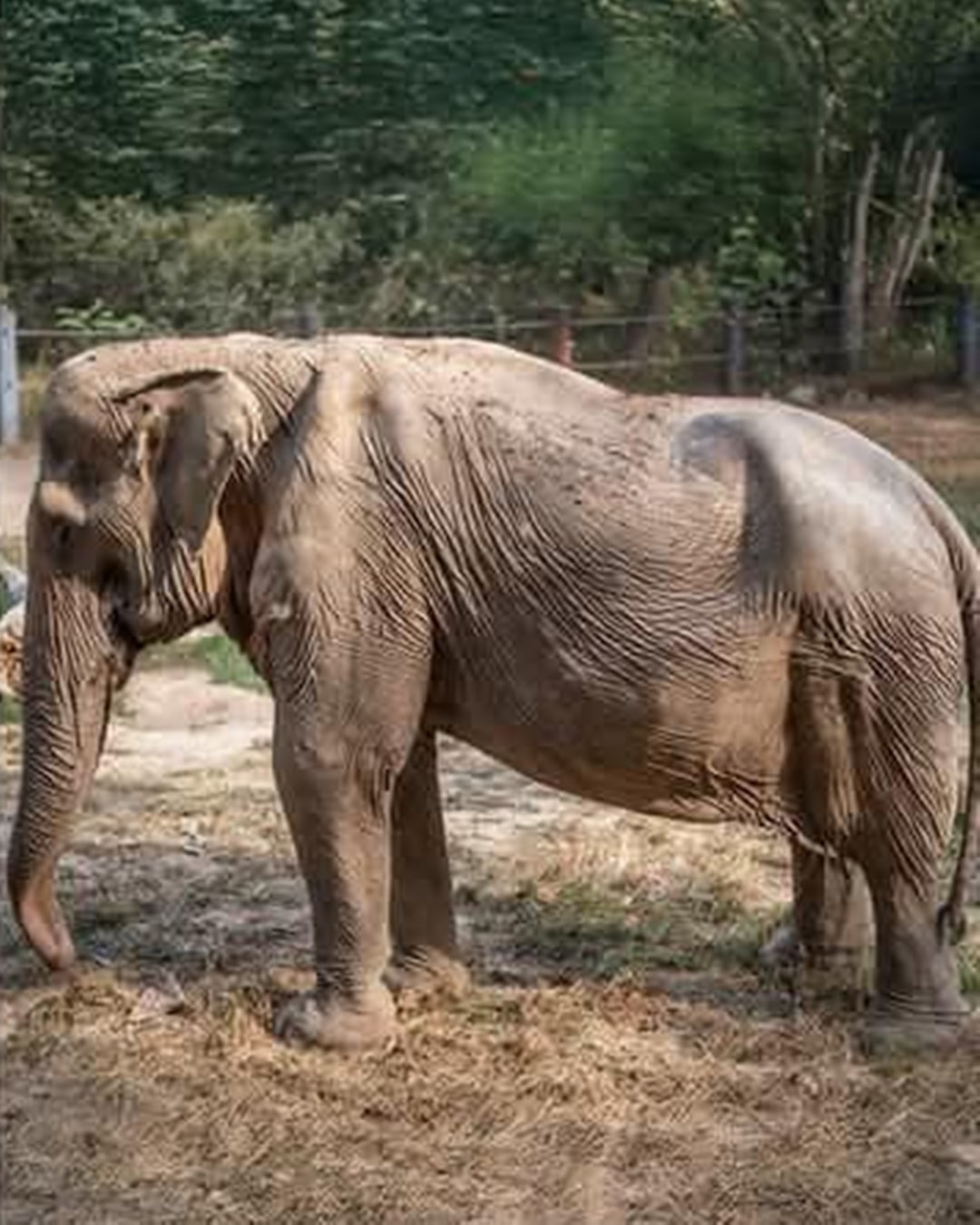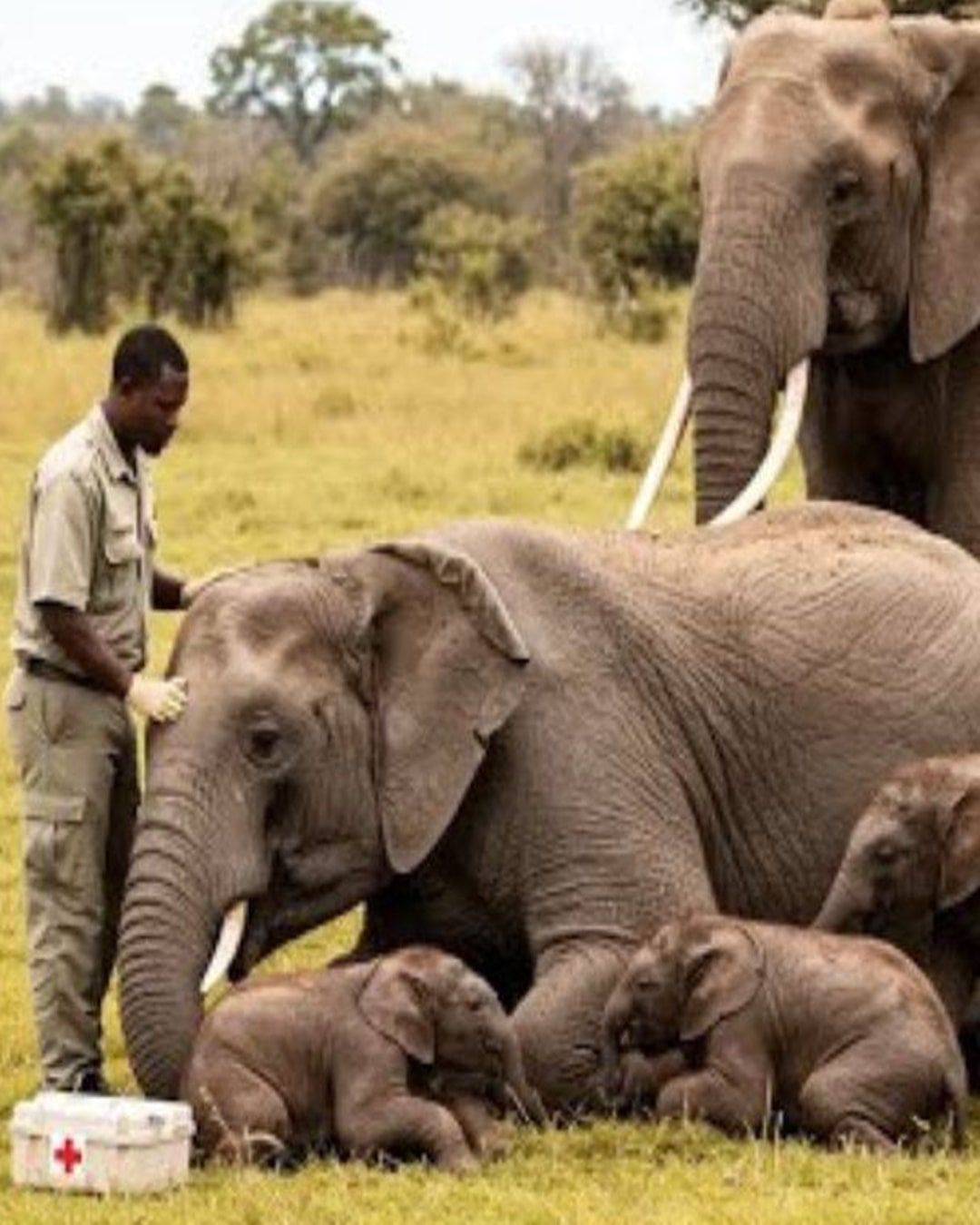I am a single mother of four little girls, and life since my ex left has often felt impossible. My old truck barely ran, but one rainy night we needed groceries, so I drove us to the store.
When we came out, the truck wouldn’t start. The battery was dead, my phone was disconnected, and I had no one to call. For two hours in the pouring rain, I asked more than twenty people for help. Not one stopped. My children cried, and I broke down, convinced I was failing them.
Then came a knock on the window. A 74-year-old man with a cane stood there, holding chicken strips, biscuits, and water. “Feed those babies,” he said. “I’ve called a tow truck, and my wife will take you home.”
The next morning, he returned with a mechanic who replaced my battery, fixed the alternator, and even repaired the window. When I asked about payments, the mechanic said the man had covered it all. His only request: “Never give up. Keep being an amazing mom.”
That stranger gave me more than repairs—he gave me hope. And one day, I pray I can be that knock at the window for someone else.
That prayer became the new compass for my life. Before that rainy night, my days were a frantic blur of survival, a constant calculation of what we lacked: time, money, energy, support. The world felt like a series of closed doors and averted eyes. The twenty people who passed us by weren’t villains; they were reflections of the hurried, insulated lives we all lead, shielded from the inconveniences of others. They were a mirror of the person I myself had sometimes been, too wrapped up in my own struggles to notice someone else’s. But the man with the cane—I never even learned his name—shattered that mirror. He chose to see us, not as a problem or a burden, but as a family in need of a moment’s grace. His kindness was not a simple transaction; it was a profound lesson in humanity.
In the days that followed, the most significant change was not the reliable hum of the truck’s engine, though that itself felt like a miracle. It was the quiet shift within me. The weight of my despair, a constant companion, had lightened. Waking up no longer felt like facing a battle alone. I would look at the new battery under the hood or touch the smooth, repaired window, and these were not just mechanical fixes; they were tangible symbols of hope. They were proof that goodness existed in the world, not just in stories or prayers, but in the real, tangible actions of a stranger on a dark, rainy night. He had done more than fix my truck; he had recalibrated my soul. His simple, powerful words, “Keep being an amazing mom,” echoed in my mind whenever self-doubt crept in. He hadn’t just seen a stranded motorist; he had seen a mother trying her best, and he had validated that effort in a way no one had in a very long time.
I began to deconstruct his act of kindness, trying to understand its extraordinary power. It wasn’t just the money he spent, which was surely significant. It was the way he helped. He didn’t just offer a jump-start or hand me cash. He addressed our most immediate human need first: hunger and fear. “Feed those babies,” he had said, recognizing that the crying in the backseat was the most urgent problem. He then took on the entire mental load of the situation. He called the tow truck. He arranged for his wife to drive us home. He found the mechanic. For a single parent who makes a thousand decisions a day, having that burden lifted, even for a moment, was like being allowed to breathe after being held underwater. He didn’t just offer help; he offered peace of mind, a complete and total rescue that asked for nothing in return.
This expectation of nothing—that was the key. His generosity was pure, untethered to any obligation. It wasn’t a loan to be repaid or a favor to be returned. His only request was for me to continue my own journey, to persist. This selflessness is what transforms an act of charity into an act of grace. It creates a ripple effect, not of debt, but of inspiration. I knew I could never repay him, not in the traditional sense. My modest income was stretched to its limit just covering rent and food for my girls. But I realized that repayment was never the point. The point was to pay it forward.
So, my prayer to be “that knock at the window” began to take shape in small, everyday actions. I couldn’t afford to hire a mechanic for someone, but I could be the one person who stopped. I started keeping a set of jumper cables in the truck he had fixed. I began to look people in the eye again—the tired cashier at the grocery store, the elderly man walking slowly down the street, the young mom struggling with a stroller. I would offer a genuine smile, a word of encouragement. I helped a woman in the parking lot load her groceries into her car, her hands trembling from age. I bought a coffee for the person behind me in line, a small gesture that cost little but conveyed a message: “I see you.”
Each small act became a silent tribute to the man with the cane. I was channeling his legacy, proving to myself and to the world that his kindness had not ended with me. It was now flowing through me. I taught my four girls the same lesson. We started a “kindness jar,” and whenever we did something to help someone else, no matter how small, we would write it on a slip of paper and put it in. When the jar was full, we would read them all aloud, celebrating not what we had, but what we had given. My daughters were learning that wealth is not measured by the money in your bank account, but by the compassion in your heart. They were learning to be the kind of people who wouldn’t just walk by in the rain.
The world is still a challenging place, and the struggles of being a single mother have not vanished. There are still bills that are hard to pay and nights that are long and lonely. But something fundamental has changed. I no longer feel like I am fighting against the world. I feel like I am a part of a hidden, silent network of kindness. That man gave me a gift that continues to grow with every act of compassion it inspires. He taught me that hope isn’t a passive wish, but an active choice. It is the choice to believe in the goodness of others, and more importantly, it is the choice to be the goodness for someone else. I may never see him again to tell him how he changed my life, but I live out my gratitude every day, waiting and watching for my chance to be someone’s unexpected miracle, to be the knock on the window when they need it most.
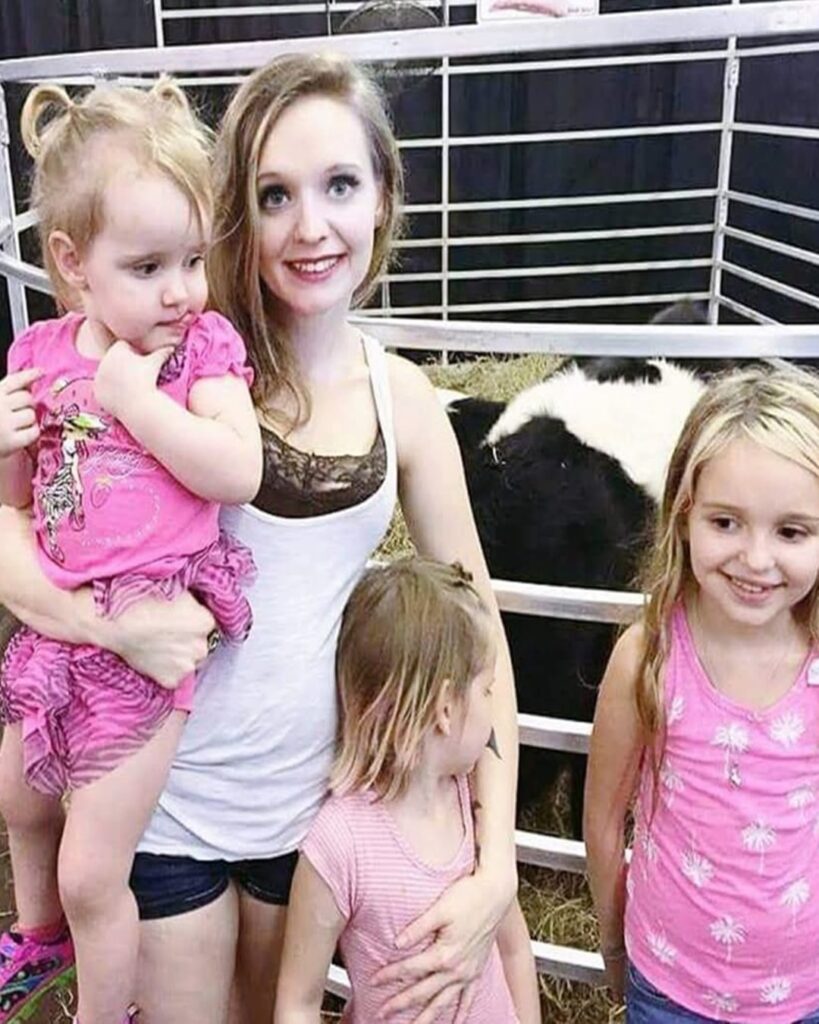
I am a single mother of four little girls, and life since my ex left has often felt impossible. My old truck barely ran, but one rainy night we needed groceries, so I drove us to the store. When we came out, the truck wouldn’t start. The battery was dead, my phone was disconnected, and I had no one to call. For two hours in the pouring rain, I asked more than twenty people for help. Not one stopped. My children cried, and I broke down, convinced I was failing them. Then came a knock on the window. A 74-year-old man with a cane stood there, holding chicken strips, biscuits, and water. “Feed those babies,” he said. “I’ve called a tow truck, and my wife will take you home.” The next morning, he returned with a mechanic who replaced my battery, fixed the alternator, and even repaired the window. When I asked about payments, the mechanic said the man had covered it all. His only request: “Never give up. Keep being an amazing mom.” That stranger gave me more than repairs—he gave me hope. And one day, I pray I can be that knock at the window for someone else.



